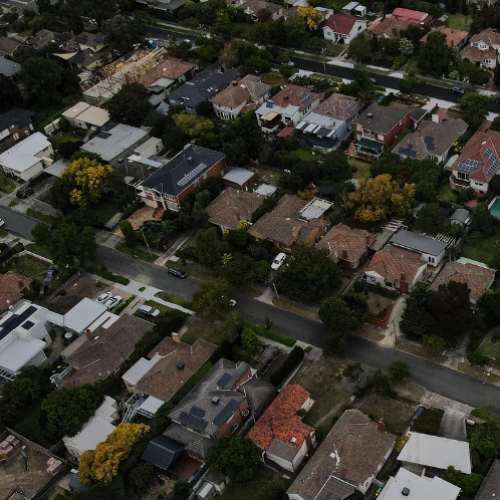Almost half of all IT policymakers are considering bans on smartphone apps in the workplace, including restrictions on social media platform TikTok, in a bid to protect sensitive business data, a study has found.
And many of those bans could extend to employees’ privately owned phones, with two in five managers considering restrictions on all devices used at work.
The findings, from a survey by BlackBerry, come a week after an Australian Senate inquiry made recommendations about Chinese and Russian owned apps, including extending a government ban on TikTok and restricting access to messaging app WeChat.
BlackBerry engineering director Jonathan Jackson said the Senate committee’s findings reflected widespread concerns about data security among Australian businesses.
“We are starting to receive lots of questions from chief information security officers or chief risk officers in enterprise and the public sector who want to see what controls can be implemented,” he said.
“It’s really hard to control the apps that people install on their personal devices which have also got access to work data.”
The software company surveyed 250 information technology decision-makers in Australia and found 49 per cent were implementing or considering bans on social media apps installed on company-owned smartphones and 42 per cent were weighing up app bans on smartphones owned by employees.
Forty-three per cent of those surveyed strongly agreed companies should be able to control the smartphone apps used by employees and 60 per cent named contacts, personal data and calendar information as most at risk.
Mr Jackson said restricting workers’ use of apps on their own devices was tricky but could be achieved by separating work from personal apps or controlling their use at a network level.
Restrictions, he said, could apply to more than just social media apps and could block malicious fake banking applications and others designed to steal Facebook accounts or infiltrate cryptocurrency wallets.
“We are expecting (the number of) bans to increase,” Mr Jackson said.
“A blanket ban (on TikTok) is probably unlikely at this stage and that’s mainly because there needs to be a balance between what users want and what information is stored in devices from a company perspective.”
Video platform TikTok, owned by Chinese firm ByteDance, was banned from use on Australian government-issued devices in April after a security direction found the app posed “significant security and privacy risks to non-corporate Commonwealth entities”.
A Senate committee last week recommended the TikTok ban be extended to all contractors with access to government data and that a ban should include Chinese-owned WeChat.
TikTok Australia public policy director Ella Woods-Joyce said the company did not agree with “many of the characterisations and statements” made about the platform during the inquiry and would keep talking with the Australian government.
© AAP 2023










